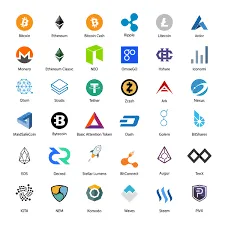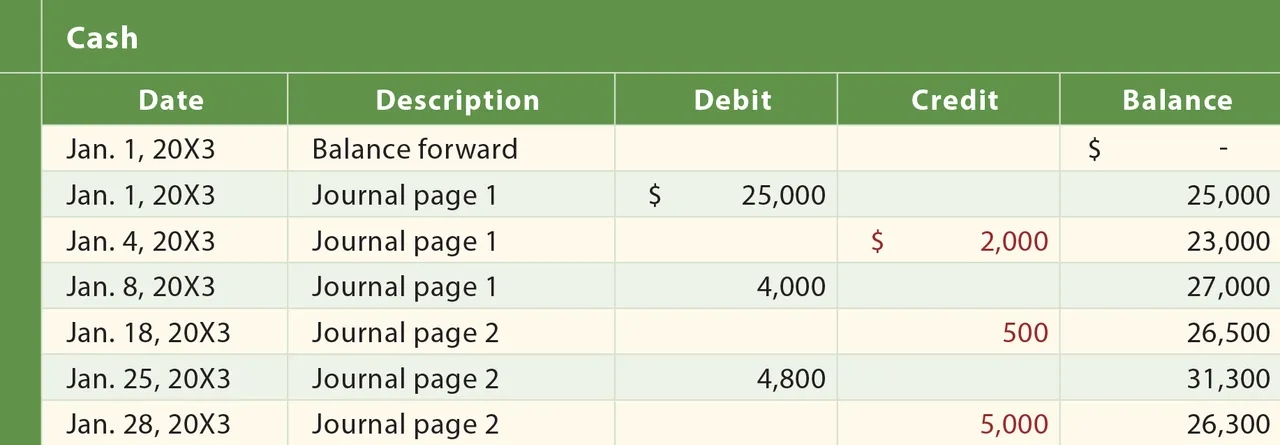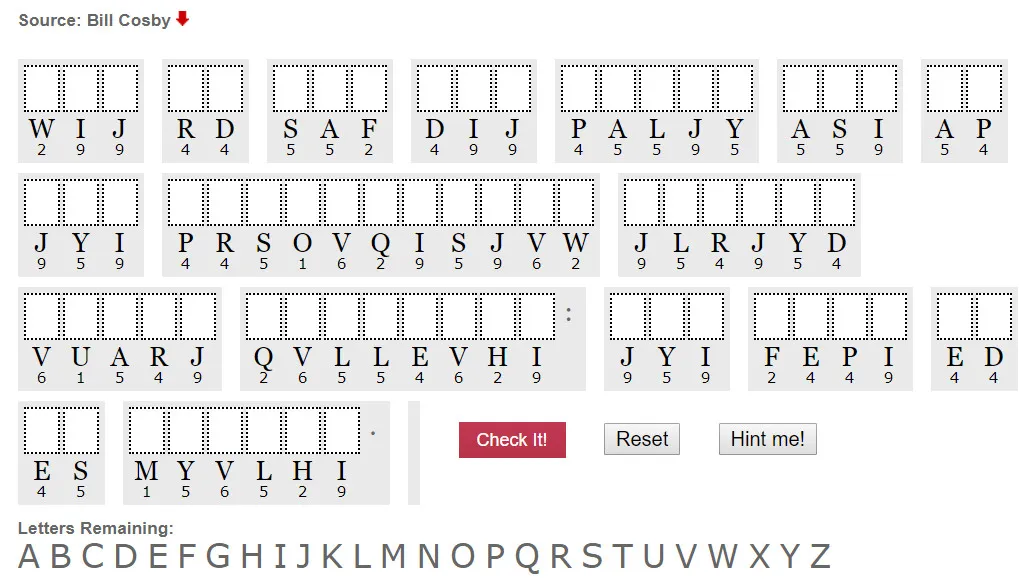I will make a series of posts on the basics of cryptocurrencies. Going to do my best to be as basic, and approach this in a way to introduce people to the complex concepts of cryptocurrencies.
In this series we are going to start by looking at the different types of currencies, such as how you get them, assuming you don't already! Also how to get more of them if you already have some! In this article I will be looking at one small concept called Proof of Work (PoW). This is a common term you will come across as you start looking more into getting started in cryptocurrencies. We have all seen those old movies in which people would line up at the time clock and punch in when they started their shift at work! This system was to prove that someone actually showed up and was at work. Then at the end of the day they would punch out, proving how long they had actually stayed at work for the given day. This is similar to how PoW works when it comes to mining cryptocurrencies!
When it comes to cryptocurrencies that are strictly PoW, the process is both costly, as well as time consuming. This is in part because of the degree of difficulty needed to find the next block. An example would be similar to the old time miners, who knew there was gold nearby but did not know for sure where they would find it. So they spent time sifting trough the sand in their pans looking for gold. At some point they would come across small parts of gold. The modern miner is looking for the next block inside the public ledger. This block ties into the previous one, and should include new transactions that are pending to be added into the next block. With each block a set amount of coins are released, these coins go to the miners who contributed in finding the block!
When you look through a ledger that is commonly kept such as a check book, you should see all the transactions, both deposits, and withdrawals. This gives you a record for your checking account as to when you had money go in, and also when you had money go out. This is also true of the blocks on the block chain that are being made by the miners. An example from the Bitcoin Wiki, lets say we are looking for a phrase, they used "Hello, World!" First we need to find a hash to that phrase, in the case of Bitcoin, we would be using the SHA-256 algorithm, and we are looking for it based on the network difficulty, so in short as an example here, we want the first three characters of the hash to be 1234, the computer would then compute the first hash, after the hash has been made we would look at the beginning characters to see if they match what we are looking for, being 1234 at the beginning.
An example you might relate to is found in many newspapers. A cryptogram is a series of letters that have been changed around, each let actually represents a different letter in the alphabet. As you start guessing which letters should be in the actual message you can find patterns. The original encrypted message is the hash of the actual message intended. That is the basics, in reality it is far more complex, and uses more than just the 26 letters in the alphabet.
If our original hash does not have what we are asking of it then, we would increase the nonce, which is simply a number that increases with each new attempt. So we would look for the "Hello, World!0" the computer does this extremely fast, as the number of computers increase that are looking for the hash, the speed at which they can find the next block also increases. Every time the nonce is increased it is like punching the time clock, proving that number of attempts have been made to look for the next block. One thing Bitcoin does as a way to keep the blocks being made at roughly the same interval is changes the network difficulty, there are different methods for different currencies, we will look at those at another time.
In short, PoW is the way in which the next block is found using a computers. If you do not have any coins that are PoW, you can get them through mining, this is not going to make you rich, and depending on which coins you are aiming to get, it could take you a long time to get a significant amount of them. Of course you could always look for ways to get the coins through faucets, and airdrops, these are where the coins are handed out for free. Faucets give you small amounts, and if used overtime those small amounts do add up. Airdrops usually only happen when these coins are first getting ready to be released, this is a way the developers use to gain interest in their coins.
Another method, which takes more time, is looking for various bounties. With everything the development team is busy working on, there are just somethings they do need others to do to help out. Therefore they offer bounties, such as for non native speakers to translate the project into a different language they will pay out an amount of coins to the person who translates for them. Depending on the coin, as to how long its been around this might still be an option. Outside of mining a coin, faucets, airdrops, or bounties there is only one other way to get PoW coins, and that is on one of several different exchanges. This means you would need to trade to get the coin. Depending on the exchange there are different trading pairs, meaning some exchanges only use Bitcoin to trade between coins, while other will use other coins as well.Thank you for reading I hope this was informative! Stay tuned, more to come!
If you think this is undervalued you can send tips here
BTC- 12RojsHTJxBGaLMkVNxgPUZGE1bGrnxotJ
ETH- 0x4237f175ed398ede3437236220c3a15594efd69a
ETC- 0x607d23543fba32968515cbc6e9f10b71973a9171
LTC- LU1F8duF7vAjpqSnM6KavqDR8LDdDF4KoR
DASH- XkxqFSA8epg4AnAbS12JR9pjJeXAYj8YgG
INFO- iM3kiwJ5gNwURRPpUgdfUNjibxE2i6fcUe



